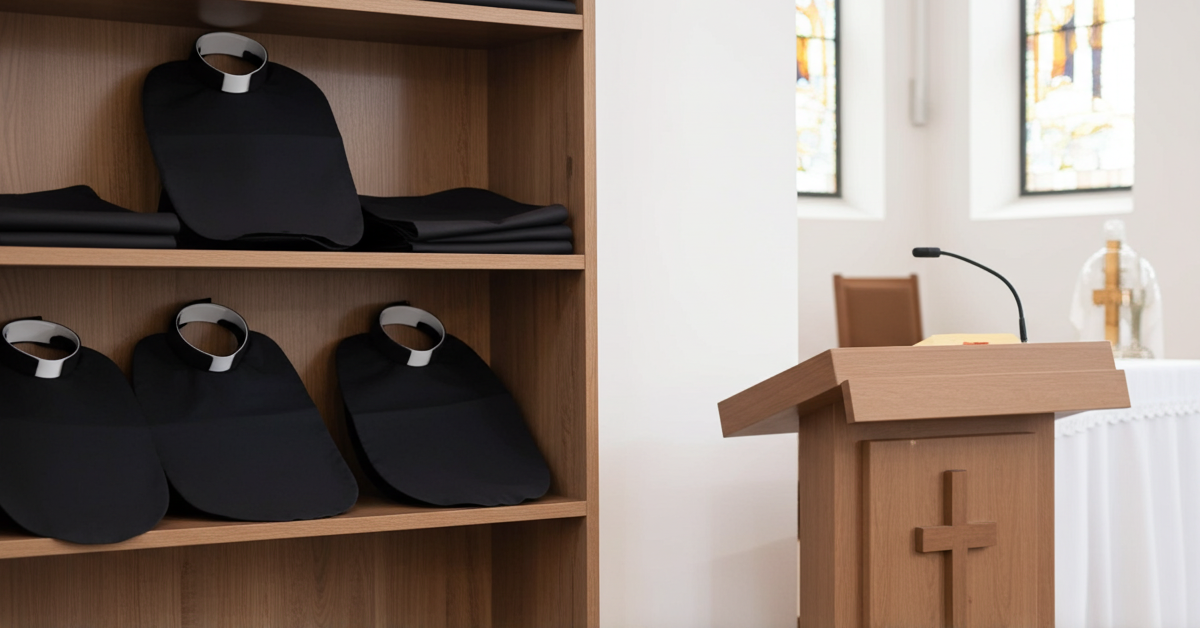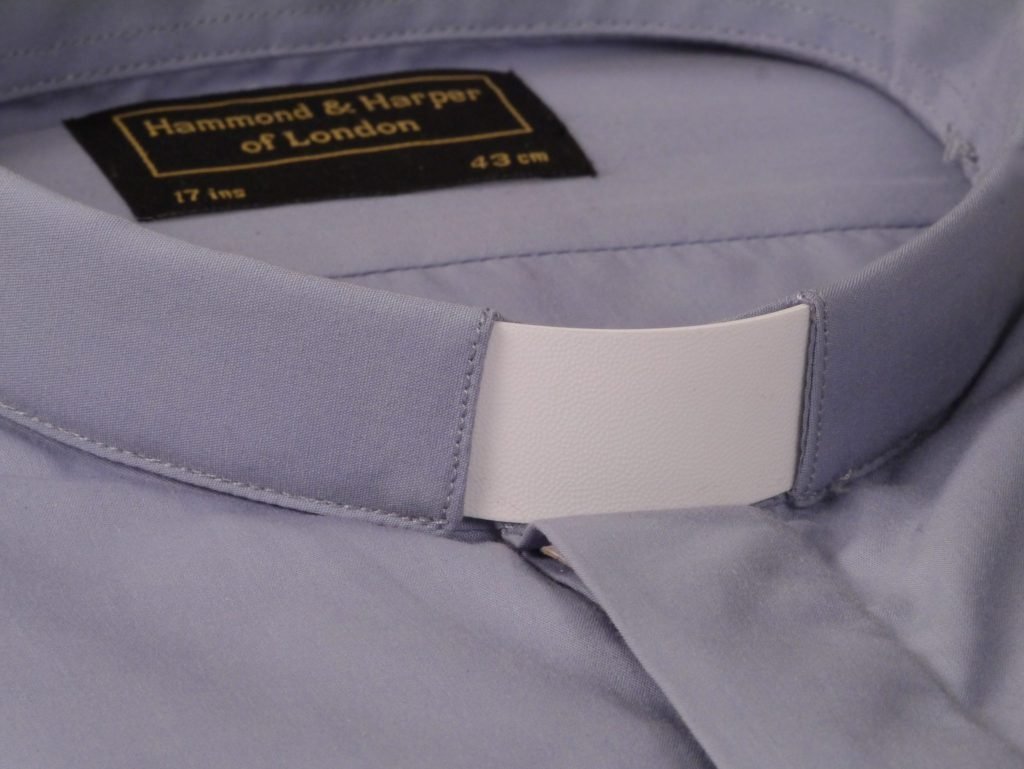Staying Safe During Church Services
As we begin to transition into a new way of life, we must re-evaluate how we keep each other safe whilst resuming our normal activities. We have compiled some of the new systems that many churches across the UK are implementing into how they conduct their regular service.
Coronavirus and Places of Worship
The UK is currently experiencing a public health emergency as a result of the Coronavirus (COVID-19) pandemic. The transmission characteristics of COVID-19 are outlined by Public Health England. The transmission of COVID-19 is thought to occur mainly through respiratory droplets generated by coughing and sneezing, and through contact with contaminated surfaces. The predominant modes of transmission are assumed to be droplet and contact. This guidance for places of worship has been drafted on the basis of the scientific evidence available and will be updated as necessary as more data becomes available on this novel virus.
Places of worship play an important role in providing spiritual leadership for many individuals, and in bringing communities and generations together. However, their communal nature also makes them places that are particularly vulnerable to the spread of coronavirus (COVID-19). Whilst Government guidance has been revised to allow certain activities to take place in church buildings, it is still vital that the necessary hygiene and social distancing precautions are kept in place in order to protect the NHS and save lives.
Each individual place of worship is strongly advised to apply this guidance with reference to its own specific circumstances, including its size and type of activities, how it is organised, operated, managed and regulated. Venue managers of places of worship will have discretion over when they consider it safe to open and should decide to remain closed if they are not able to safely adhere to the guidelines outlined below. Many places of worship are also workplaces and should therefore be aware of their responsibilities as employers under existing health and safety law. Places of worship also have a duty of care to volunteers, to ensure that as far as reasonably practicable they are not exposed to risks to their health and safety. We have outlined some key elements of the new government advice when conducting church services.
New Rules and Regulations
Face Coverings
Coronavirus (COVID-19) can spread predominantly by droplets and perhaps aerosols (which can linger in the air) from coughs, sneezes and speaking. The best available scientific evidence is that, when used correctly, wearing a face covering can reduce the spread of coronavirus droplets and aerosols in certain circumstances, helping to protect others.
Face coverings are currently mandatory on public transport and in a range of indoor venues. From 8 August, this includes places of worship and church halls. While there are exemptions, this is a legal requirement.
There are valid exemptions for some individuals and groups to not wear a face covering in these settings. In particular, those who are leading services or events in a place of worship, and those who assist them (for instance by reading, preaching, or leading prayer) do not always need to wear a face covering, although one should be worn especially if physical distancing cannot be maintained (i.e. distributing consumables) This exemption does not apply to worshippers, who should wear face coverings consistent with the requirements for any other public space.’
Cleaning Advice
If your building has been closed and nobody has been in it for at least 72 hours, it is unlikely the virus is present. Your building will therefore not need to be disinfected for the virus. This includes fogging or misting treatments of biocidal solutions for disinfection. The contents of these treatments may adversely react with fixtures and fittings in the church building.
For routine cleaning, frequently clean those areas that are used using your usual cleaning products. Pay particular attention to objects and surfaces that are touched regularly, and to busy areas. Ensure toilets are kept clean, use liquid rather than a bar of soap, and where possible, provide paper towels as an alternative to hand dryers in hand washing facilities. If regular cleaning of toilets is challenging you may need to think about shutting them or limiting access.
It is also important to educate and instruct visitors on hygiene and safety procedures. Signs and posters can help build awareness of good hand washing technique, the need to increase hand washing frequency, avoid touching your face and to cough or sneeze into a tissue which is binned safely. Try not to stick posters and signs to historic fabric - use free standing signs or noticeboards.
Metal/wood/stone/glass/ceramic/modern painted surfaces can be cleaned with a dilute solution of non-ionic conservation-grade detergent or sensitive washing up liquid and distilled water, rinsed with distilled water and dried immediately with white paper towel or soft cotton cloth. Follow manufacturer’s instructions for dilution, application and contact times (a minimum contact time of
20 seconds is currently advised by PHE) for all detergents.
Important questions:
Can church open for individual prayer?
Since 15 June, the Government has allowed access to places of worship for individual prayer and funerals.
Can churches hold services of worship?
From 4th July, the Government has allowed resumption of public worship.
Who needs to wear a face cover?
Face coverings are currently mandatory on public transport and in a range of indoor venues including places of worship and church halls. While there are exemptions, outlined below, this is a legal requirement.
Who can sing during services?
Whilst the congregation may not sing yet, a small choir may sing providing adequate distancing can be achieved. Where music plays a big part in worship, and recordings are available, the advisement is that you consider using these as an alternative to live singing. Any instrument played during worship should be cleaned thoroughly before and after use.
Can we hold outdoor services?
More than 30 people can pray in a place of worship or its grounds, but a risk assessment should be conducted and COVID-19 Secure measures implemented. The number of people who are able to gather will be dependent on the size of the space available.
How can people support their church financially?
Churches rely on the generosity of their congregations and their communities to support their mission and ministry. Many people give regularly to their church by standing order or direct debit. Others give in cash when the offering is taken via envelopes in a church service or when visiting the church.
Full CofE Guidance: https://www.churchofengland.org/more/media-centre/coronavirus-covid-19-guidance-churches#na









